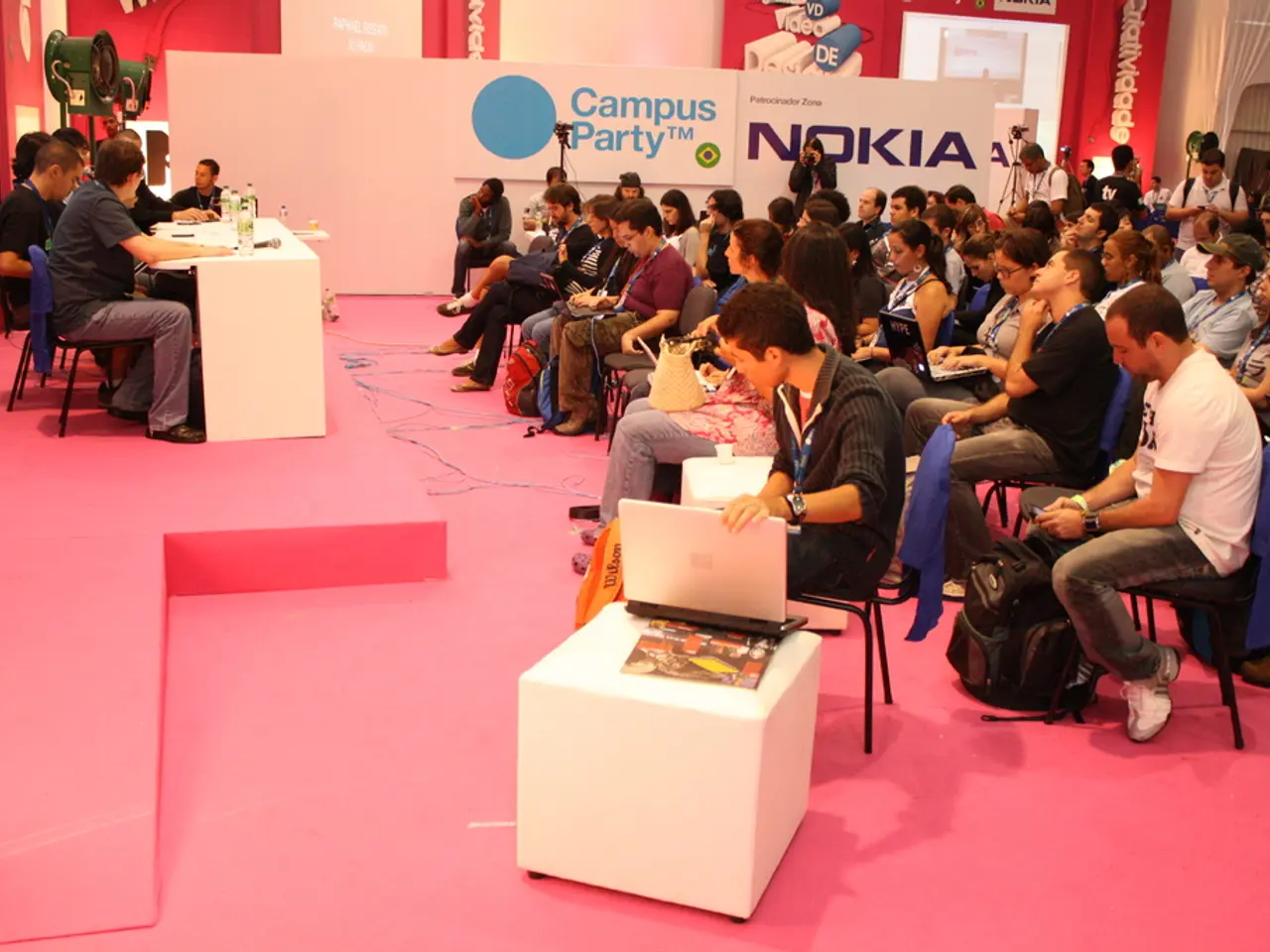Presidential Candidates and In-Depth Podcast Discussions
Rising Authentic Leadership Transcending Political Theater
The political landscape today is marked by 12-hour news cycles and constant controversy, leaving many questioning the authenticity of leadership. However, a new generation of political leaders is emerging, bringing fresh perspectives and a focus on tangible solutions.
These next-generation leaders are predominantly from the Millennial and Gen Z cohorts, who view public service as a matter of survival and civic responsibility rather than a mere career move. They are focused on pragmatic, constituent-driven solutions, such as expanding healthcare access and targeted community support, over performative or partisan spectacle.
Recent data and initiatives indicate a significant shift in political participation. For instance, there has been a 79% increase in Millennials running for Congress since 2020, signaling a generational change [1]. Youth-led initiatives like ChallengeUS’s Future Leaders Competition are empowering Gen Z to engage critically with real-world political issues, fostering a generation prepared for leadership beyond divisive politics [3].
Civic projects led by young teams, such as CivicLink in Tampa, focus on accessible election information and combating misinformation to improve voter engagement in marginalized communities [3]. Emerging figures include tech policy analyst Taylor Bloch, advocating for digital equity and inclusion in national security and governance, and Deon Griffin, a public servant with strong academic and ethical governance credentials, who is committed to justice reform and community-centered policy [2].
Established political leaders like Oklahoma Governor Kevin Stitt and Maryland Governor Wes Moore are working alongside young changemakers to reinvigorate policies that unlock economic opportunity and restore faith in the American Dream, emphasizing cross-generational collaboration over partisan theater [4]. Activist organizers like David Hogg are actively fostering movements to elect young people to office, aiming to transform political culture with authentic, grassroots-driven leadership [5].
Joe Rogan, a comedian and UFC announcer who hosts multiple podcasts weekly, has created a space for genuine dialogue. His podcasts are free from the constraints of traditional media formats, offering unfiltered conversations that could potentially transform political discussions. However, the author does not suggest Joe Rogan as a specific individual to facilitate such discussions at this time.
In summary, authentic next-generation political leadership is characterized by increased youth electoral participation and leadership at multiple government levels, a focus on tangible policy improvements, digital inclusion, cross-sector collaboration, and a new generation who view public service as urgent action, not performative theater. These trends suggest that the authentic leadership needed to transcend current political theater is rising from emerging young leaders grounded in community, service, and evidence-based policy.
- The shift towards authentic leadership in politics is evident, with a growing number of young leaders focusing on tangible solutions such as expanding healthcare access and targeted community support, as opposed to engagement in performative or partisan spectacle.
- The emergence of youth-led initiatives, like ChallengeUS's Future Leaders Competition, is fostering a new generation prepared for leadership beyond divisive politics, indicated by a 79% increase in Millennials running for Congress since 2020.






